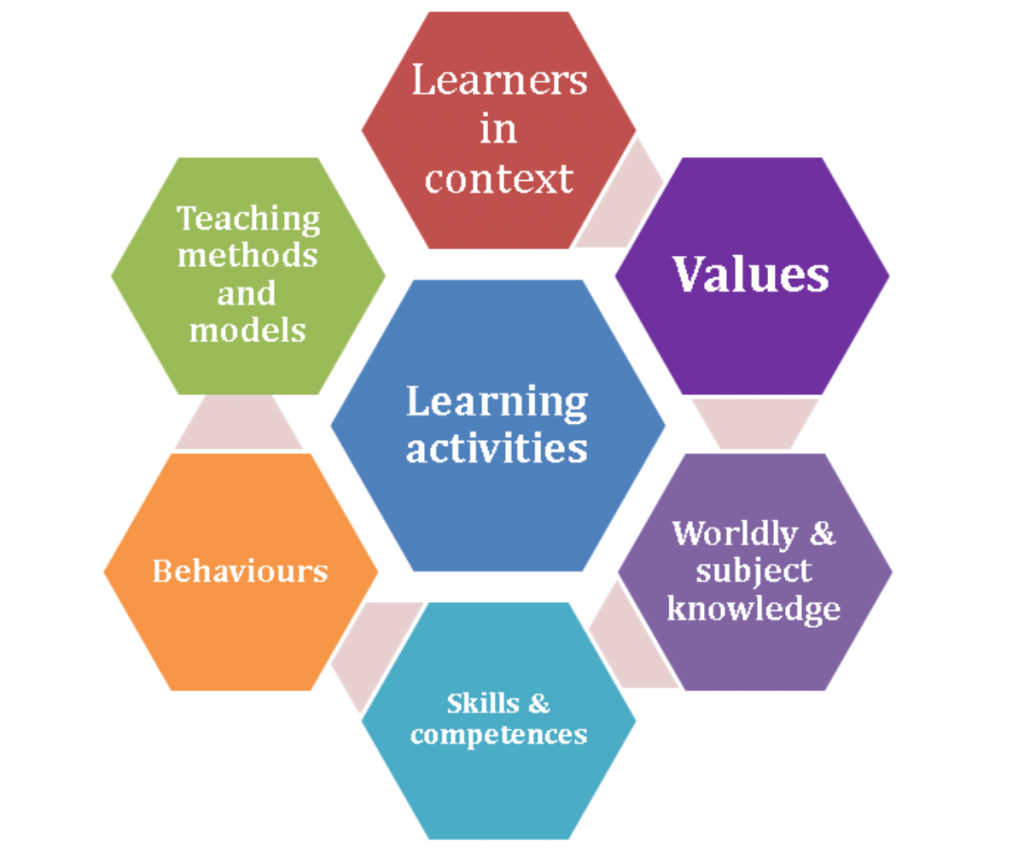Higher education has polarising effects in many countries. Titus Alexander argues that we need to learn from Nordic models of adult education, and recognise teaching as a form of scholarship to help citizens renew democracy
Higher education today has a polarising effect. A 2022 study led by Rob Ford shows British voters split along educational lines. In Polarized by Degrees: How the Diploma Divide and the Culture War Transformed American Politics, Matt Grossmann and David Hopkins analyse the problem in depth. As Michael Lind observes in The New Class War, 'democracies of Europe and North America today are polarized along class lines between a college-educated metropolitan overclass of managers and professionals [and] a majority working-class'.
Society’s most powerful institutions are governed by ideas, leaders, and professionals from universities. Graduates dominate public debates, leaving most people feeling excluded, powerless, and poorer. This divide enabled Brexit and Donald Trump’s MAGA movement, which is disrupting mainstream politics and threatens US higher education.
Graduates dominate public debates, leaving most people feeling excluded, powerless, and poorer. This divide enabled Brexit and Donald Trump’s MAGA movement
Learning is humanity’s superpower. But if education divides society, it could collapse. We urgently need models of education that repair social divisions.
The Scandinavian folk high school movement started in 1844, when the Danish educator Nikolaj Grundtvig founded a residential 'School for Life' modelled on his experience of Trinity College Cambridge, Robert Owen’s Institute for the Formation of Character, and Nicolas de Condorcet's 1792 Report on the General Organization of Public Instruction. Grundtvig inspired a network of self-governing folk high schools where young adults from all social backgrounds learnt history, politics, and values to become active citizens. Participants bonded through music, storytelling, and mutual education. There were no exams.
In 1902, the Swedish school teacher Oscar Olsson launched the first study circle for working people to learn and discuss political issues. Like folk high schools, the study circle model is a method for developing democracy through education.
As social models, Nikolaj Grundtvig's 'School for Life' and Oscar Olsson's 'study circle' have helped make Scandinavians the happiest people in the world
Both models spread rapidly. They had a formative role in Scandinavia’s nation states and still serve a high proportion of adults, helping to make them happiest in the world and top of the Human Development Index.
The folk school model was adapted in many countries, including Highlander in Tennessee, founded by Miles Horton in 1932, which contributed to the civil rights movement through alumni such as Martin Luther King, Eleanor Roosevelt and Rosa Parks.
Any institutions replicated or adapted by others are social models; real-time experiments and ‘dynamic theories’ of how to do things, which spread by example. Societies develop by imitating, adapting and innovating models, from behaviours such as storytelling to institutions like folk high schools or universities.
Throughout history, teachers have developed models that shape society, like Confucius in China, Buddha in India, or Grundtvig in Denmark. Models for learning have developed over millennia, from prehistoric apprenticeships, sages, and storytellers. Universities are one model, based on cultivating elites. Folk high schools are another, rooted in communities.
Teaching in higher education often has lower status than publishing research, yet it has more real-world impact. Good teachers transform the lives of learners, who in turn serve and transform society. We should see teaching as a sophisticated form of scholarship that blends many forms of knowledge in real time — about learners, the wider world, values, subjects, skills, behaviours, and teaching methods — through suitable learning activities.

Grundtvig was a teacher-scholar who created a model for learning that enabled people to develop some of the happiest and most successful societies in the world. Miles Horton adapted the model to increase civil rights in America. Today’s world has changed, but we can still learn from their models.
Universities are under pressure but often have the best facilities for learning in any community. They can access research funds and networks of scholars to address almost any problem. University alumni are in power everywhere. They boomed while learning opportunities for non-graduates were battered.
Universities have academic freedom to decide what and how to teach. They can use these privileges to develop models of learning that bridge the diploma divide by:
By treating models of teaching as social experiments and dynamic theories, teacher-scholars can develop ambitious models that enable people to address society’s challenges. This requires a shift in priorities as outlined in my Manifesto for Social Science, from conceptual knowledge and publication to developing practical rationality. Aristotle called this phronesis, the ability to make morally and practically sound decisions in context.
The starting point must be with people outside the academy. Most universities have some community engagement through staff, students, impact hubs or affiliation with organisations like the Civic University Network or Universities Policy Engagement Network. They can provide contacts with organisations that run adult, community, further, informal, prison and workplace learning of all kinds, including Union Learning Reps and broadcasters. Additionally, some have partnerships with business, local government and civil society who run services and know the most pressing problems affecting local people.
Universities should not take over lifelong learning but use their resources to help develop models of learning on the other side of the diploma divide
Universities should not take over lifelong learning but use their research skills and resources to help develop models of learning on the other side of the diploma divide. They can learn from universities around the world that are working with local communities to strengthen democracy and tackle social problems better. Teacher-scholars in political science could help to create models of lifelong learning that foster the happiest societies in the world.
What are the key features of the Scandinavian folk high school and study circle models?
Regard : S2 Akuntansi